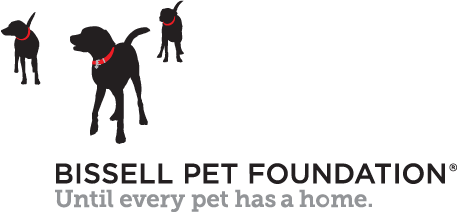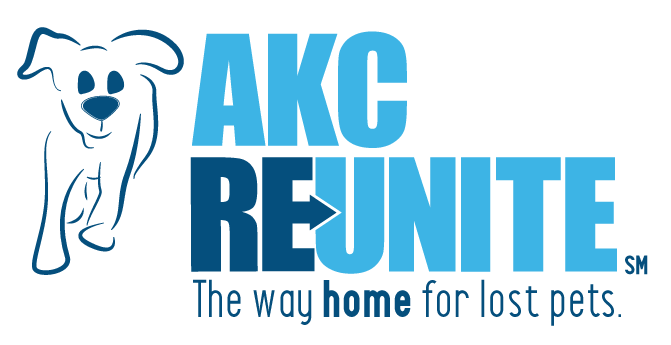Thinking of Rehoming?
Thinking of rehoming your pet? Please visit the following sources to learn more:
Owner surrenders are by appointment. We are a small, volunteer-based organization with limited space and resources. We will need time to evaluate logistics and organize volunteer care for the animal(s). Please do not arrive without an appointment as we cannot guarantee we can receive the animal(s).
Local Organizations:
Chesapeake Humane Society
Low-cost veterinary clinic, spay/neuter, Dental, medical funding, crisis boarding, and pet pantry.
Frankie’s Friend’s Funds
Financial assistance for emergency care, cancer, and eye care.









